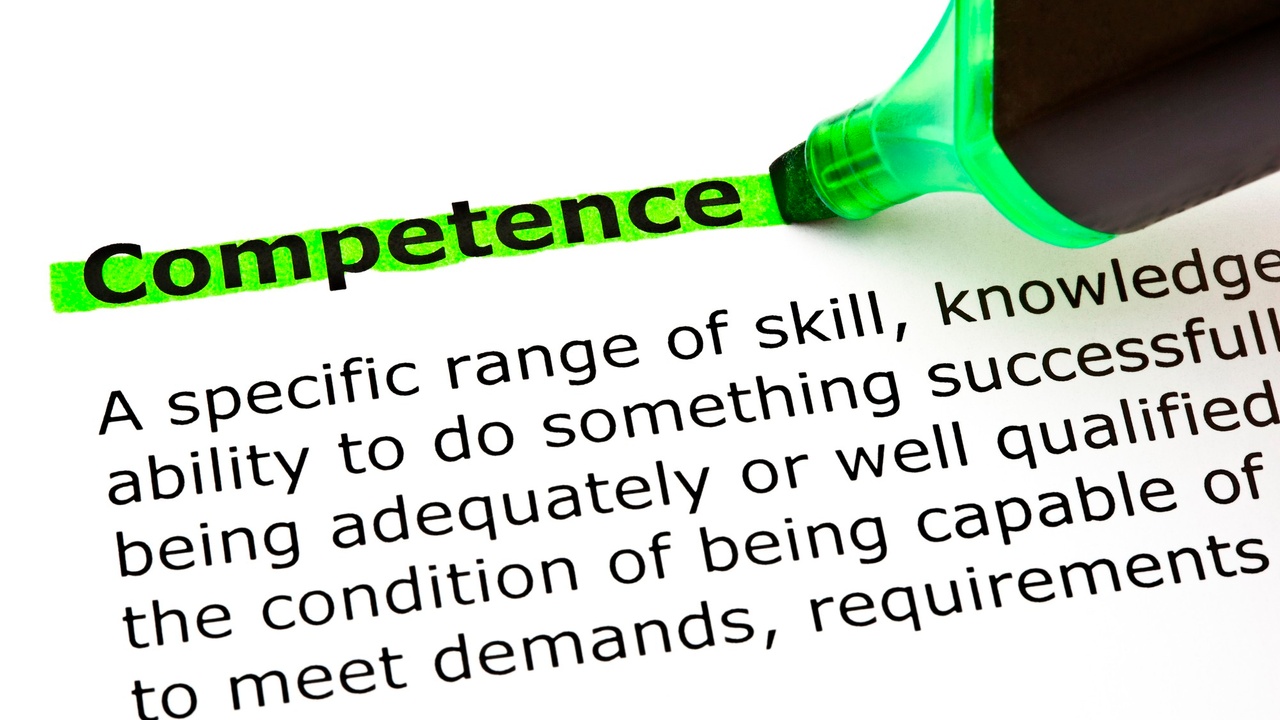
By Graham Acreman
I run into business owners on a semi-regular basis who tell me they hate selling; some even cringe at the prospect of the idea.
So here’s a reality check – if you’re in business then you need to learn to sell – otherwise you’re never going to grow your business.
Earlier in the year I wrote an article, 10 Powerful Business Tips for Owners and Entrepreneurs. “Improve Your Sales Skills” was #10 on the list. Today, we’re going to dig deeper on this item.
Most people who hate sales fall into three camps:
- Those who say it makes them feel sleazy.
- Those who’ve been exposed to bad examples
- Those who think you have to be self-oriented.
The truth is, there are sleazy individuals, bad examples, and self-oriented people around us. In every occupation. You want to stay away from them.
When it comes to sales though, people with the right sales skills are none of the above.
And the good news is, you can learn the skills. Plus, if you better under the mechanics you’ll feel much more comfortable about the prospect of making a sales call.
First, let’s consider that, “Sales” is happening around you all the time. It starts with kids:
- “Would you like buy some Girl Guide cookies?”
- “Would you like to sponsor me to …”
- “Can I stay up late?”
This is selling.
Think of approaching your spouse and saying, “Hey, I’ve been thinking about buying a (motorcycle - boat - sports car)”. There’s a really good chance that you’re going to have to do some selling.
Negotiating what to eat, where to eat, what time to eat – these are all sales situations.
They’re basic examples of selling that take place around you on a regular basis. And they’re not sleazy.
Now let’s consider your business. You have something of value to offer. If someone has a need for what you are offering then you are providing a solution. You are helping them. It’s really that simple. It’s not sleazy; it’s not self-centred.
They want it, you offer it. It’s really like two pieces of an equation that are being brought together.
You shouldn’t be trying to convince anyone they need your offering. Rather, you should be helping determine if your value proposition is a good match for your prospective customer.
Let’s consider an electrician. He meets someone with a plumbing problem. It’s not a good match. It doesn’t mean there’s anything wrong with the electrician – it’s just not a good match.
How do you determine if there’s a good match? By asking questions. By having a conversation.
“What are you looking for?”
“What problem are you trying to solve?” or
“What outcome are you trying to achieve?”
Now granted, it’s easier to determine a match when there’s an immediate pressing need.
Let’s consider a tire shop owner who has someone drive into his parking lot. The shop owner notices the driver’s vehicle has the spare tire installed. Obviously, the driver needs a tire and the owner sells tires. We have a good match and a likely sale. No effort required.
Now let’s revisit the same scenario but this time the driver pulls in and the car appears normal. Through conversation, the shop owner discovers the driver is, “Just looking around”. He’s thinking about getting some new tires in the next few months.
The shop owner offers to check the tires and the driver agrees. On close inspection, our shop owner notices the tread on the tires is almost totally worn – they probably should have been replaced months ago.
The shop owner informs the driver that the tires are well beyond normal wear and that they should be replaced without delay.
“Really?”, asks the driver.
The shop owner replies, “They’re really not safe. Your braking distance will be terrible, and the tires could blow at any time. They’re dangerous and not safe for your or your family.”
Notice that what the shop owner is doing here is educating the prospective customer.
Now that the driver has been educated about the dangers of the tires it’s up to the driver to determine if it’s a good match.
There’s no sleaziness involved. Just a conversation and a bit of education.
This concept can be applied to any business.
A shop owner who was averse to sales would have accepted the driver’s initial statement about, “Looking around” at face value.
The shop owner who was more sales-centric would offer the inspection and education. Invariably, this owner will end up with a much more successful business because they’re not just scooping up the low hanging fruit.
Our tire shop owner wasn’t in the business of selling tires. He was in the business of keeping people and families safe and he was prepared to educate prospective customers about this.
The same concept would apply to a service company. Think of it in terms of the benefit you are providing or the solution you are providing.
Conclusion
A business owner needs to be able to sell in order to grow their business. You don’t need to be pushy or sleazy. If you’re uncomfortable about the prospect of selling, it’s likely that you don’t understand how to apply the mechanics of the sales process to your business. Sales is a teachable skill that like any other skill, gets better with practice.
Want to talk about how to improve your sales skills?
Get Strategies, Tips, & Tactics
Subscribe to the Acreman Business Roundup and get weekly updates that will help you grow your business and build the lifestyle of your dreams.
We hate SPAM. We will never sell your information, for any reason.






